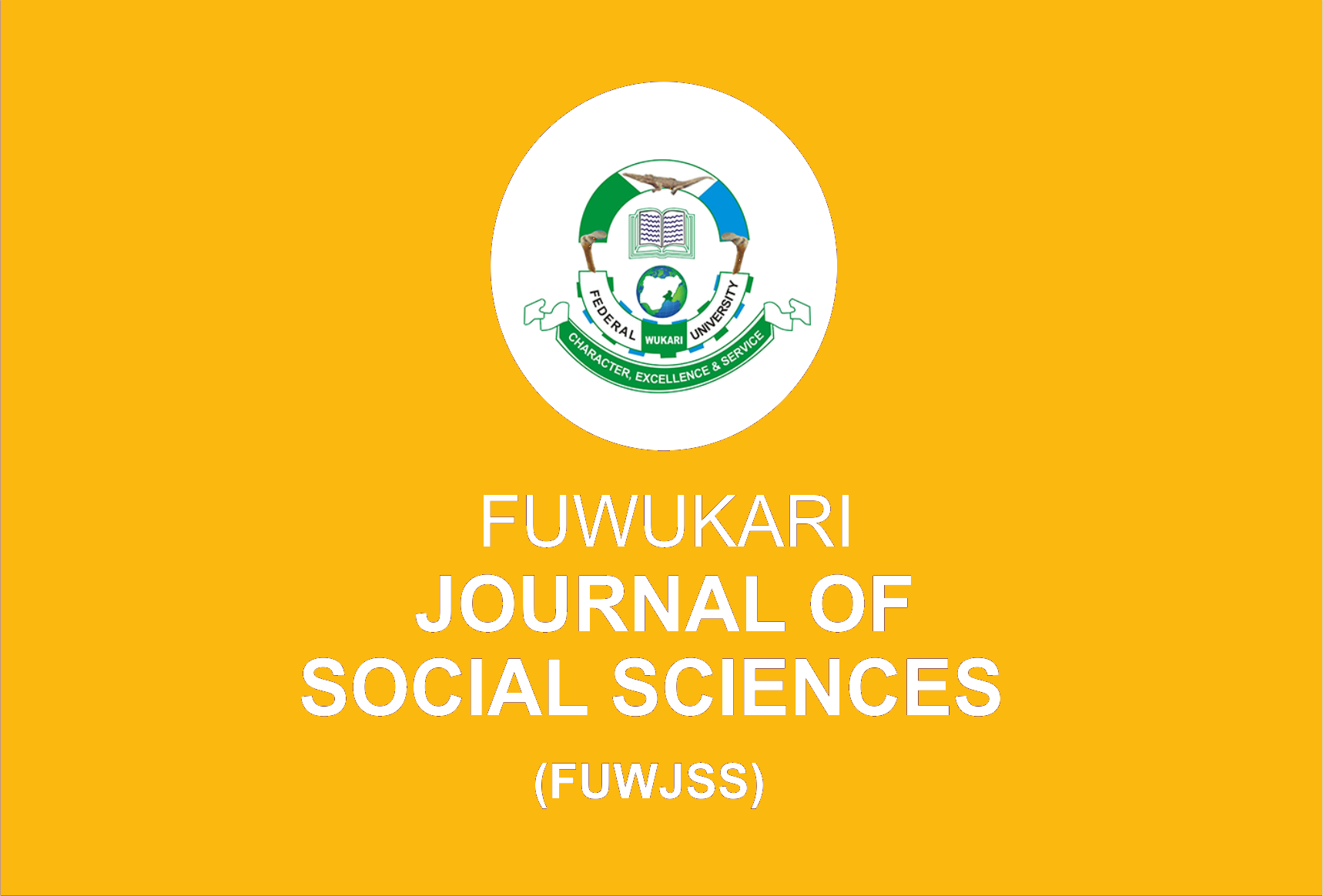Oil Price Fluctuation And Foreign Reserves In Nigeria
Danjuma Irinyang Joro, Agya Atabani Adi
Keywords: Exchange rate, foreign reserves, oil price, ARDL method, Nigeria
Abstract
This paper examines the effect of oil price fluctuation on foreign reserves in Nigeria, using quarterly data from the first quarter of 1986 to the second Quarter of 2020 (1986: Q1-2020: Q2). The paper employed the Autoregressive distributed lag method (ARDL) and Augmented Dickey-Fuller (ADF) unit root test. Results showed that oil price has positive and significant effect on foreign reserves in the long and short run, and crude oil production has a significant positive effect in the long and negative short run. At the same time, the real exchange rate was negatively significant in the long run and insignificant in the short run and 93% of the disequilibrium in the short run is corrected each quarter. The paper concludes that an increase in oil price leads to accumulation of foreign reserves in Nigeria while depreciation of the exchange rate leads to depletion of foreign reserves. The paper recommends the incorporation of oil price change when formulating and implementing macroeconomic policies such as foreign reserve holding and exchange rate policy.
Author Biography
Danjuma Irinyang Joro, Agya Atabani Adi
Department of Economics, Faculty of Social Sciences, Federal University Wukari, Taraba Sate, Nigeria
Corresponding author: [email protected]

